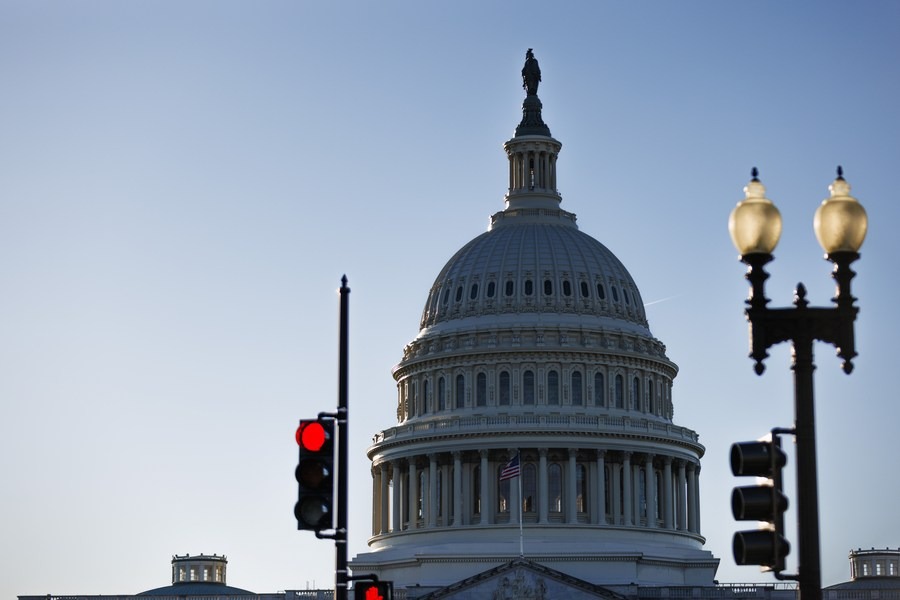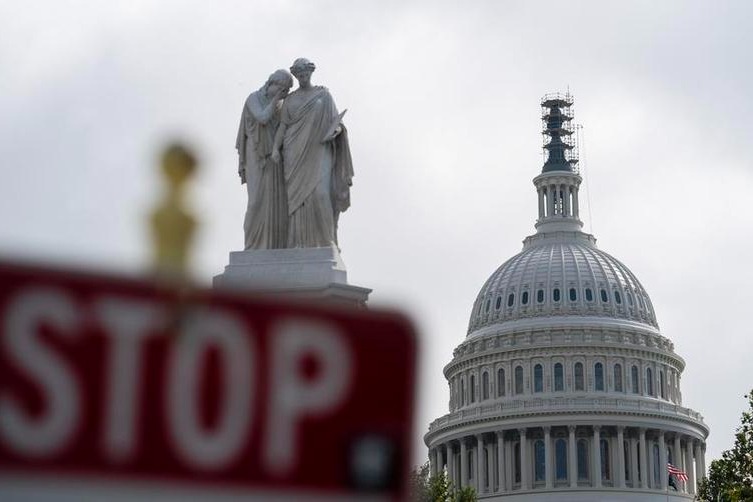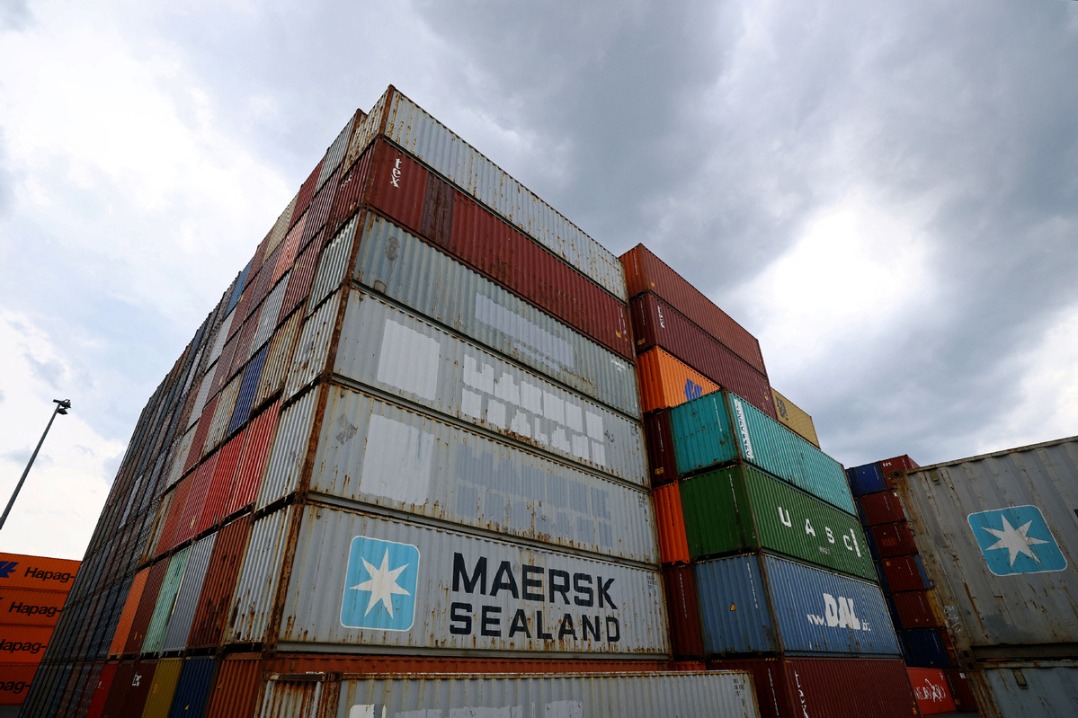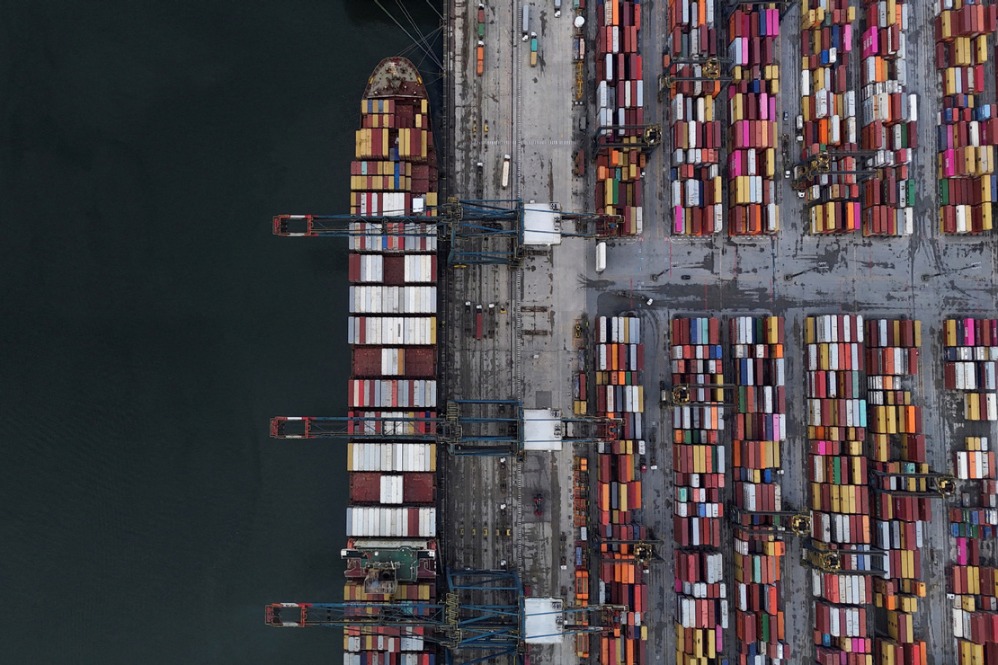Canada urged to diversify trade relations


As the United States moves ahead with its "Big Beautiful Bill", Canadian experts say the legislation could hurt Canada's economy, but also create new opportunities for cooperation with China.
"There are a number of things in that 'Big Beautiful Bill' that could impact Canada," said Mahmood Nanji, a policy fellow at Western University's Ivey Business School and a former associate deputy minister of finance for Ontario.
"If the Trump administration makes significant changes to corporate and individual tax rates, there are two potential consequences: companies may relocate production to the US, and there may be Canadian talent moving south," he told China Daily.
While the full economic consequences of the bill remain uncertain, Nanji said the risks to Canada are tangible.
"For businesses that are located in Canada and exporting to the United States, obviously there will be an impact," he said, pointing to sectors already affected by US tariffs on steel, aluminum and copper.
Nanji said the future of the Canada-US trade relationship is now in question. "Will Canada be able to achieve a comprehensive free trade agreement with the US like it did before Trump came into power?"
Despite the risks, Nanji sees opportunity in the shifting geopolitical landscape, particularly in green technology.
"Canada is going to have to revisit its position with China on a number of fronts," he said. "Its entire trade strategy with China needs to change, because the relationship with the United States has changed. There's a need to diversify."
On electric vehicles, he said: "This notion about taxing Chinese vehicles at 100 percent — I think that's going to have to be revisited.
"Canada is still wanting to become a significant EV manufacturer. Whether it's EVs or clean tech, the relationship with China will definitely change," he said.
Nanji pointed to a recent example of this pragmatism: "British Columbia just bought a number of ferries from China. The Chinese company was the most competitive and the most cost-efficient."
He also sees potential in cooperation on critical minerals. "Canada has made it very clear that it's looking for investment in that area.
"Canada has to be open to Chinese investment in order to fully maximize its critical minerals industry," he said.
Nanji highlighted infrastructure as another sector ripe for collaboration.
"China has built a lot of infrastructure in a very short period of time," he said. "Since 2008, it has built more than 40,000 kilometers of high-speed rail. They've also developed the next generation of trains."
Rebuilding trust
With diplomatic tensions between Canada and China showing early signs of thawing, one Canadian policy analyst suggests that the two countries should seize the opportunity to rebuild trust and explore practical avenues of cooperation.
Jeff Mahon, former deputy director for the China Division at Global Affairs Canada, said the election of Canadian Prime Minister Mark Carney presents Canada with a renewed opportunity to engage with China, especially amid shifting global dynamics.
"The timing is critical because Canada is seeking to grow and diversify its trade relationships amid US market access uncertainty," he told China Daily.
Still, Mahon noted that cooperation must be approached with realistic expectations. "We're only just emerging from a low point in bilateral relations and trust on both sides needs to be rebuilt," he said.
"Canada and China should pursue economic cooperation that supports high-quality development and jobs in both countries."
gaoyang@chinadailyusa.com

































